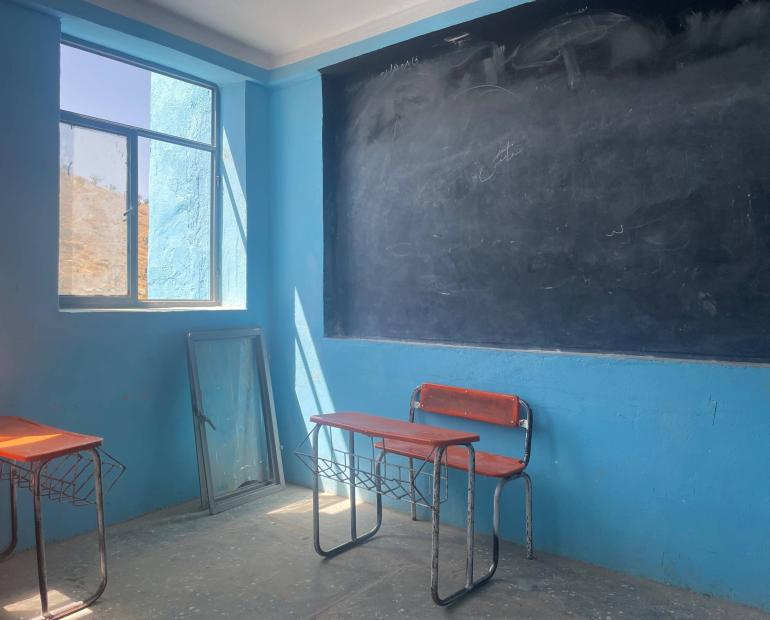
Should Ramadan for children be forbidden in Germany?
The sun is burning down relentlessly and it is even scorching hot in the shade – 33 degrees. There is not a whiff of wind and everything seems to stand still. Nevertheless, the children in Berlin have to attend school … it is the end of the term which is a very busy time as there are many important things to do and finish before the holidays can eventually start; exams, sports competitions, theatre and music rehearsals etc. If all of that would not be enough of stress already the Muslim students face an extra burden: it is Ramadan, the Muslim fasting month.
Ramadan is the most important month of the year for Muslims as it is one of five pillars in Islam (the pillars of Islam are sacred duties that every Muslim has to fulfil). Fasting in Islam means that all healthy and abled people are not allowed to eat and drink between sunrise and sunset (so from about 4.30 am to 9.30 pm in Germany). Smoking is also forbidden during that time. The fasting should teach the people self-control and compassion as they live on a minimum. It is also a time that serves deep reflection and spiritual „cleaning“ – Muslims should think thoroughly about their actions, ideas and beliefs. While the fasting during Ramadan is only a duty from the age of 14 (start of puberty) by Islamic law, it is estimated that 60-70% of all Muslim children and adolescents in Germany fast during Ramadan, beginning with children at primary age. The reasons for that vary greatly from personal choice and conviction to enforcement by parents or friends or increase the sense of identity and belonging. It has to be noted that the liberal religious institutions do not force anyone to fast during Ramadan and that they even condemn the fasting of children under the age of 14.
Teachers all over Germany have increasingly bewailed that during Ramadan Muslim students are feeling weak or tired, are not concentrated and are complaining about headaches. Some even report of fainting students. All of these accounts seem to lead to the conclusion that fasting is unhealthy for children and young adults. Water and food are important for all mental and physical activities.
So should we forbid fasting entirely in Germany? Here some of you might ask yourself: but don’t children and young adults fast in Muslim countries as well… and isn’t it even hotter there? Yes that is true, but there is one big difference that many seem to forget: while Ramadan is a holiday for children in most Muslim countries the Muslim children in Germany have to continue to go to school and take part in all activities. In addition to that teachers can not simply start to treat Muslim students differently or grade their works differently just because they are fasting… that would be unfair to the other students. So what do you think about this issue? I would be very happy if you would post your thoughts in the comments below!
I personally believe that fasting for children and young adults is very unhealthy, particularly when they are working heavily, mentally and physically. Therefore I strongly plead that teachers, parents and students sit down together to find compromises. Religion and education are and should be compatible. Islam is not a rigid religion like many people believe. It is even quite liberal. Possible compromises could, for example, be, that children only fast on weekends, fast half-day or renounce to only some foods and drinks like for example sweets and fizzy drinks. Adolescents that by Islamic law are bound to fast, can, for example, break their fasting on days of exams and sports competitions. This would leave them the feeling of community and would provide them with the energy they need to fruitfully master their tasks.






